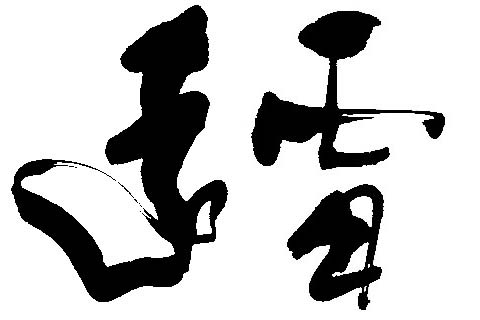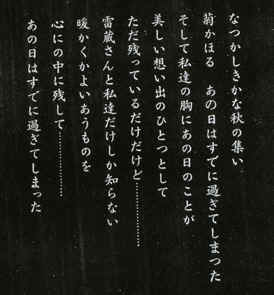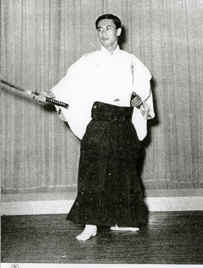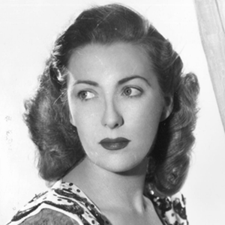

恭子夫人も一役買った集い
第10回秋の集いは文字どおり苦心の連続でした。なにかマンネリを打破しようという事で。そんなこんなで集いも迫った或る日、雷蔵さんよりフィナーレには「しばし別れの時」という音楽を流しては、という事を云ってこられた。が、このレコードが思う様に見つからず困っていると、恭子夫人が「私の持っているのをお貸し致しましょう」というわけで、恭子夫人秘蔵のレコードを雷蔵さんが持って上京。フィナーレを美しいメロディー流して、ムードを盛り上げたのでした。


◆「しばし別れの時(Now Is The Hour)」 -Maori Farwell Song-
Now is the hour when we must say goodbye.
Soon you'll be sailing far across the sea.
While you're away, oh, then, remember me.
When you return, you'll find me waiting here.
Sunset glow fades in the west. Night o'er the valley is creeping.
Birds cuddle down in their nest, soon all the world will be sleeping.
Now is the hour when we must goodbye.
Soon you'll be sailing far across the sea.
While you're away, oh, then, remember me.
When you return, you'll find me waiting here.
Now Is The Hourで検索してみてください。![]() でVera Lynn
でVera Lynn の歌声が試聴出来ます。
の歌声が試聴出来ます。
In 1913 Palings published a piano-variations piece in Australia, Swiss Cradle Song.
In 1915 its opening theme was modified for the singing of Po Atarau to farewell Maori WW1 soldiers.
In 1920 Maewa Kaihau wrote a This is the Hour verse, and in 1935 she modified the Po Atarau verse.
This became the Haere Ra Waltz Song, which was sung when steamships were departing overseas.
English wartime singer Gracie Fields learnt Haere Ra on a visit to New Zealand in 1945.
Her version of it, known as Now is the Hour, became a world-wide hit in 1948.